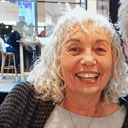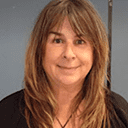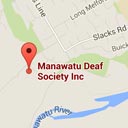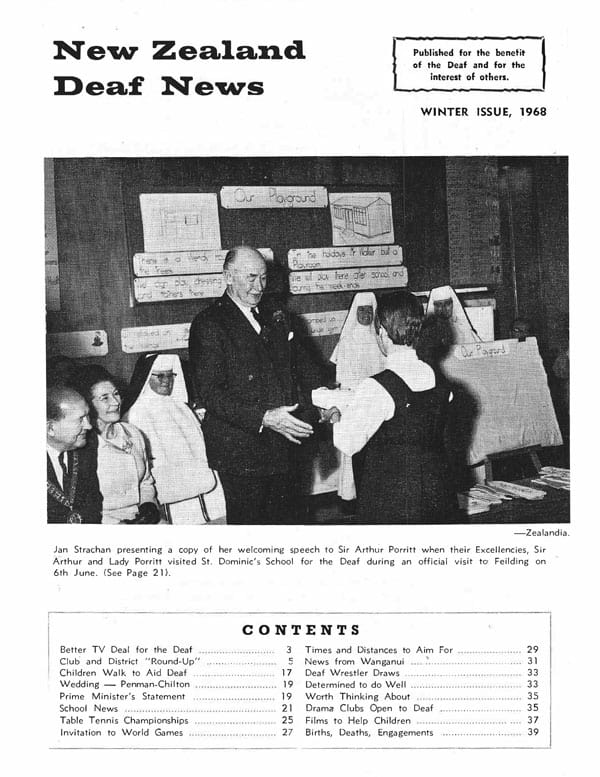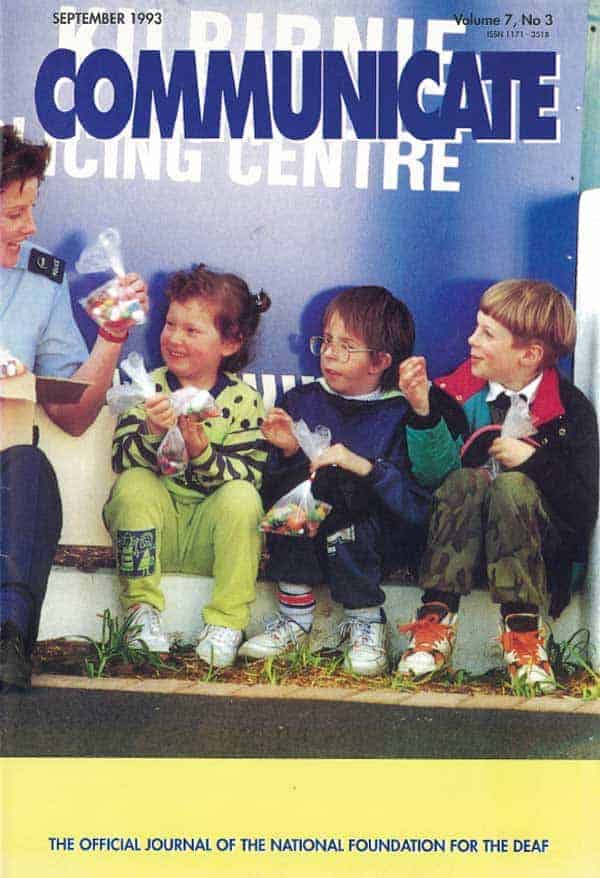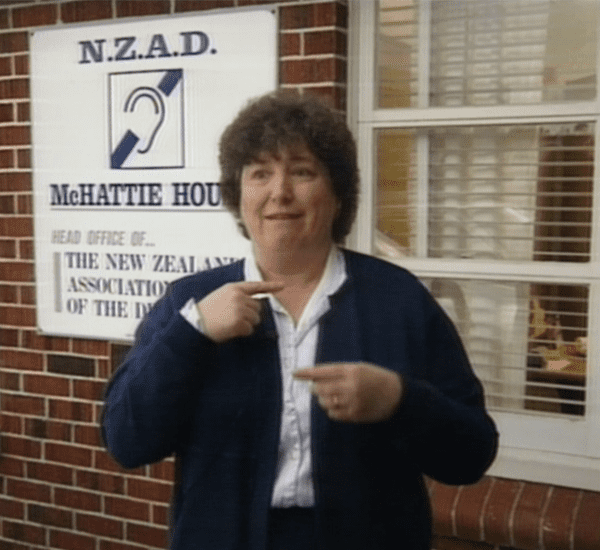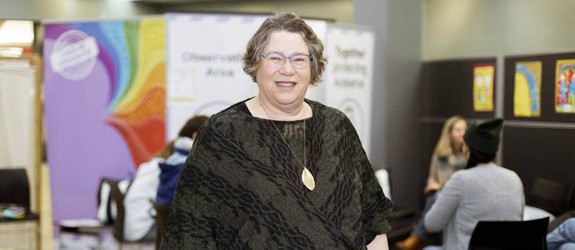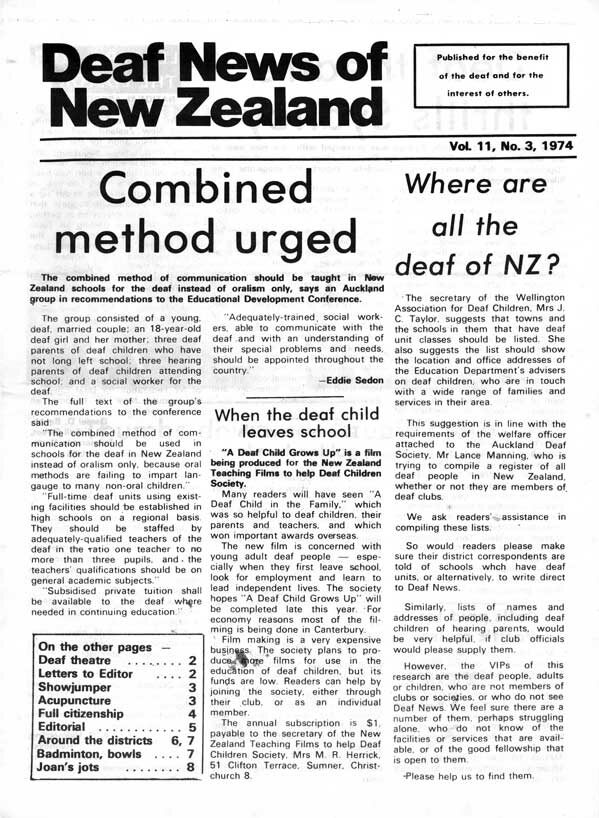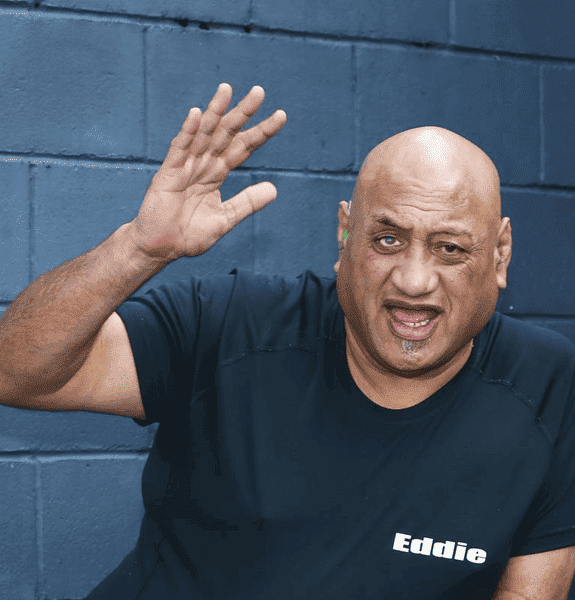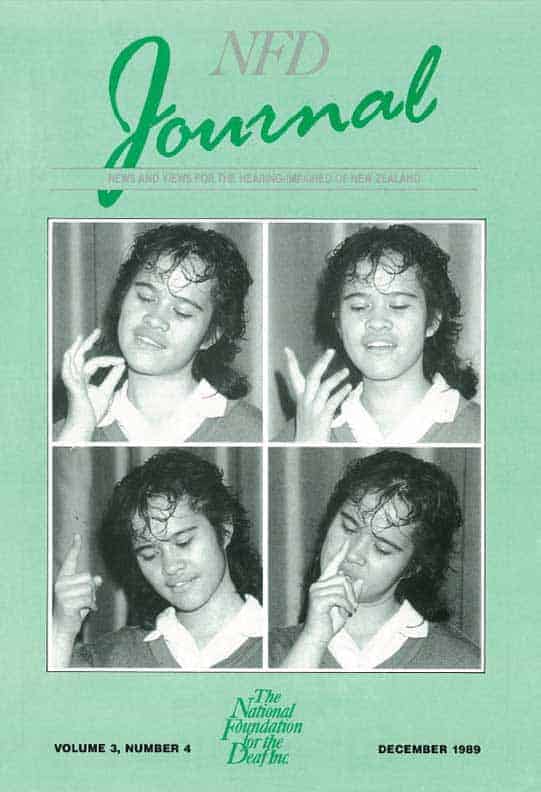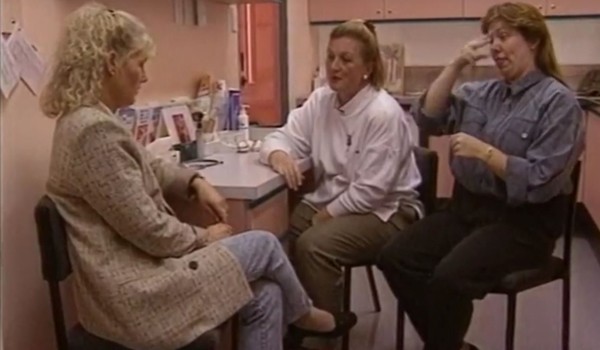When cochlear implants began to become the norm worldwide in the early 1990s, it was viewed as a technological device that disregarded one’s need for sign language. The Deaf community considered such a device to be a risk to its community. On the other hand, it was considered to be a breakthrough in technology, aiding Deaf people to be able to hear clearly and develop good speech skills.
‘60 Minutes’ investigated this controversial topic, by listening to people from both sides of the story. First up was Gemma Shay and Carmen Neary, who both have had implants inserted; Carmen is having hers switched on for the first time. Her parents are excited at Carmen’s reactions to hearing sound for the first time, and explain they chose for Carmen to receive an implant to give her options as she grows up. They assert that as a Deaf person, Carmen will remain part of both the Deaf and hearing worlds.
Edan Chapman, who after receiving a cochlear implant two years earlier, says he does not want to use his anymore - finding it hard to relax while he has it on. His father Stephen adds that he has not seen any real benefit/changes in Edan since receiving the implant.
Deaf sisters Sonia and Sara Pivac assert they are comfortable being Deaf and native sign language users, and do not see any benefits in getting a cochlear implant.
Lynette Pivac explains she is not in favour of children having cochlear implants, preferring them to wait until they are adults, because the children have not made the choice to have an implant. It is made by their parents. As a Deaf person herself, she too is comfortable about being Deaf and sees no need for her Deaf children to have one. She considers her Deaf children to be emotionally & socially well-adjusted.
Dr Ron Goodey explains the benefits of a cochlear implant - enabling its user to gain (or regain, if the user had hearing before but lost it since) hearing sounds, and speech skills. He explains that the surgery is quite advanced, combining many different aspects, including: microsurgery, computer technology, and implant surgery.
Dr David McKee says that Deaf people have options that they can consider, before needing to decide on having a cochlear implant. Asserting that Deaf people are always going to be Deaf, it is more important to teach them sign language.
The Deaf community feel that with the advancement of technology, such as captions on television programmes through Teletext, and flashing lights to alert them to the phone or doorbell, society is becoming more accessible, and there is no need to revert to an intrusive operation in order to gain some hearing.
Audiologist Shirley-Anne Hodgson sees lots of benefits in having a cochlear implant, however she cautions that it is not a solution for deafness, saying parents need to accept that their child is deaf, and wearing a hearing aid. She also does not want to see everyone receiving them - as for some it probably will not work effectively.










